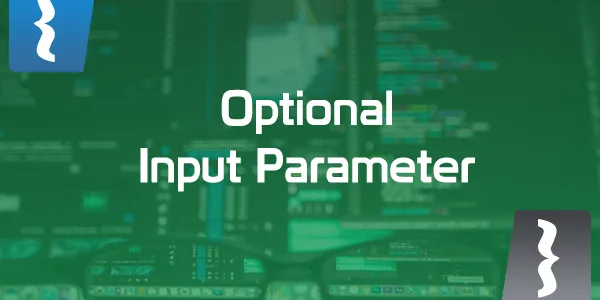Optional Class

Optional class members
Achieving coherence in a class state is not always an easy task. For instance, sometimes, you want to have a member or two that can simply not be set. Instead of creating another class for such a case...
📚 Read more at Software Architecture with C plus plus🔎 Find similar documents

Optional Class in Java 8: Making Your Code More Clear and Concise .
The Optional class in Java 8 is a container object which is used to contain a value that might or might not be present. It was introduced as a way to help reduce the number of NullPointerExceptions th...
📚 Read more at Javarevisited🔎 Find similar documents

Optional
Versions [{“Name”:“Java SE 8”,“GroupName”:null},{“Name”:“Java SE 9 (Early Access)”,“GroupName”:null}] Introduction Optional is a container object which may or may not contain a non-null value. If a va...
📚 Read more at Essential Java🔎 Find similar documents

Why Bother With Optional?
Use Optional for No More Surprise everyone know findUser might not find anything. No more surprise! The Golden Rules of Optional 🏆 1. Return Types Only, Please! 🚫 Use Optional only for method return...
📚 Read more at Javarevisited🔎 Find similar documents

Simplest Possible Class
class TrivialClass {} A class consists at a minimum of the class keyword, a name, and a body, which might be empty. You instantiate a class with the new operator. TrivialClass tc = new TrivialClass();...
📚 Read more at Essential Java🔎 Find similar documents

Using Optionals
Supporting Methods That Cannot Produce a Result We already covered several uses of the Optional class, especially in the case where you are calling a terminal operation on a stream that does not have...
📚 Read more at Learn Java🔎 Find similar documents

An argument for using Optional as input parameters
This article may be the hardest I wrote so far here. Not because it is really technical nor because it required a lot of research prior, but because it is controversial and I had to be sure that the a...
📚 Read more at Level Up Coding🔎 Find similar documents

Classes
In this chapter, we are going to discuss JavaScript classes. We have seen JavaScript objects already, and classes are a blueprint or template for object creation. So, many of the things discussed here...
📚 Read more at JavaScript from Beginner to Professional🔎 Find similar documents

Classes
In this chapter, we are going to discuss JavaScript classes. We have seen JavaScript objects already, and classes are a blueprint or template for object creation. So, many of the things discussed her...
📚 Read more at JavaScript from Beginner to Professional🔎 Find similar documents

What You Might Not Know About Optional
How did you represent absent values before Optional? Yes, you used null. The code would look something like this:
📚 Read more at Javarevisited🔎 Find similar documents

Optional.stream()
This week, I learned about a nifty “new” feature of Optional that I want to share in this post. It's available since Java 9, so its novelty is relative. Nowadays, it’s probably more adequate to use…
📚 Read more at Level Up Coding🔎 Find similar documents

Null Check vs Optional? Are they same
When this question was asked in an interview, like everyone I answered “Java 8 has introduced this new class Optional in java.util package. By using Optional, we are avoiding null checks and can speci...
📚 Read more at Javarevisited🔎 Find similar documents


